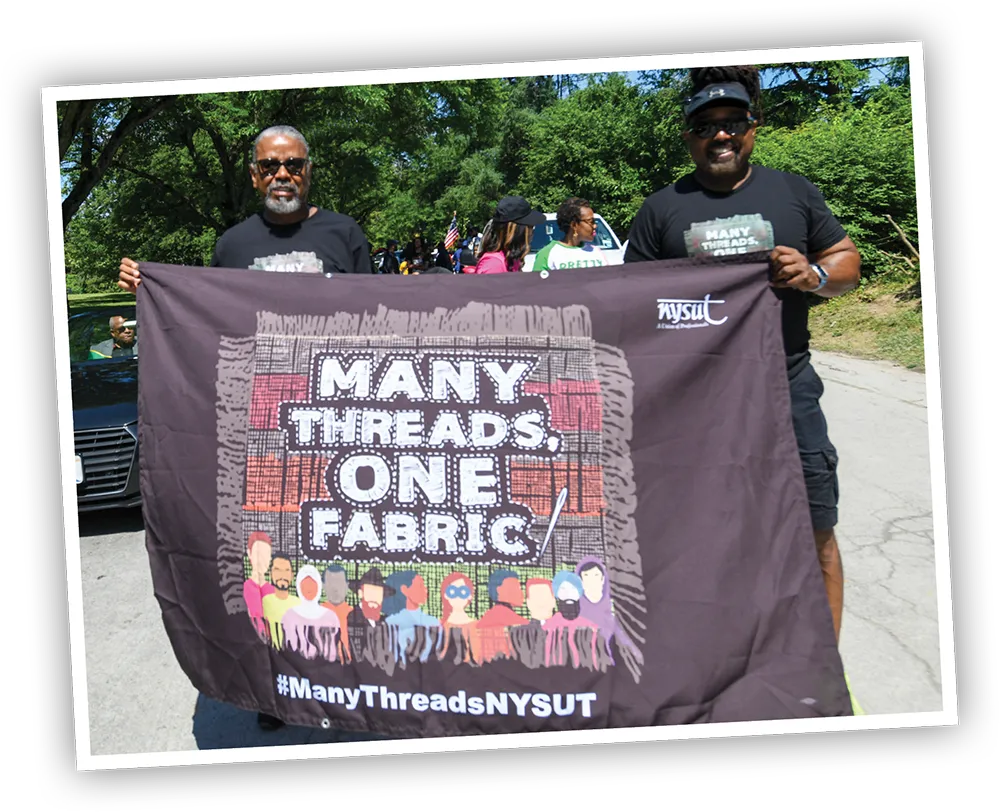Brown v. Board of Education anniversary
his May marked the 70th anniversary of the landmark ruling Brown v. Board of Education of Topeka. The 1954 Supreme Court case unanimously ruled that racial segregation in public schools was unconstitutional. The ruling is one of the cornerstones of the Civil Rights Movement and helped establish that “separate-but-equal” in education and other services was not in fact equal.
Lorena Smith, Retiree Council 13, remembers when the Supreme Court issued the decision. She was 14 and attending high school in Selma, Ala. On television shortly after the ruling was rendered, she watched then Gov. George Wallace block a young girl from entering a school to prevent integration.
“The case passed but things didn’t really integrate in Selma until Dr. King came to town,” she said of his famous 1965 march across the Edmund Pettus Bridge. Although the verdict didn’t change her daily school experience, it gave her hope that change was coming. “It took a long time but — thank God — it did come.”
“As we celebrate the 70th anniversary of Brown v. Board of Education, it’s important to take time to recognize both how far we’ve come and how much further we still must travel,” said NYSUT President Melinda Person, noting that although no longer supported by law, many school districts are still segregated across racial, cultural and, particularly, socioeconomic lines creating starkly different opportunities for children living just a few miles apart.
One-in-five children live in poverty, a statistic that led NYSUT to launch its 1-in-5 anti-poverty campaign, which calls on lawmakers to address the root causes of poor academic performance — childhood poverty and inequality.
“The effects of poverty impact every element of a child’s ability to learn — children cannot learn when they are hungry, unsure about whether they have a place to sleep that night, or struggling with unaddressed health conditions,” said NYSUT Secretary-Treasurer J. Philippe Abraham, who heads the statewide union’s social justice department. “These disadvantages — in such great numbers and intensity — create barriers to educational progress that few high-poverty districts in the country have been able to tackle.
“We can unite in the movement toward equality and honor the transformative legacy of Brown v. Board, by developing an education system that provides every student, regardless of their background, with the opportunities they deserve,” said Abraham.
NYSUT’s Social Justice Department strives to combat racism and promote human rights and equity. To learn more, visit nysut.org/socialjustice.

Throughout June, Pride Month celebrates the accomplishments of LGBTQ individuals and commemorates their ongoing struggles for civil rights and equal justice.






Throughout June, Pride Month celebrates the accomplishments of LGBTQ individuals and commemorates their ongoing struggles for civil rights and equal justice.








